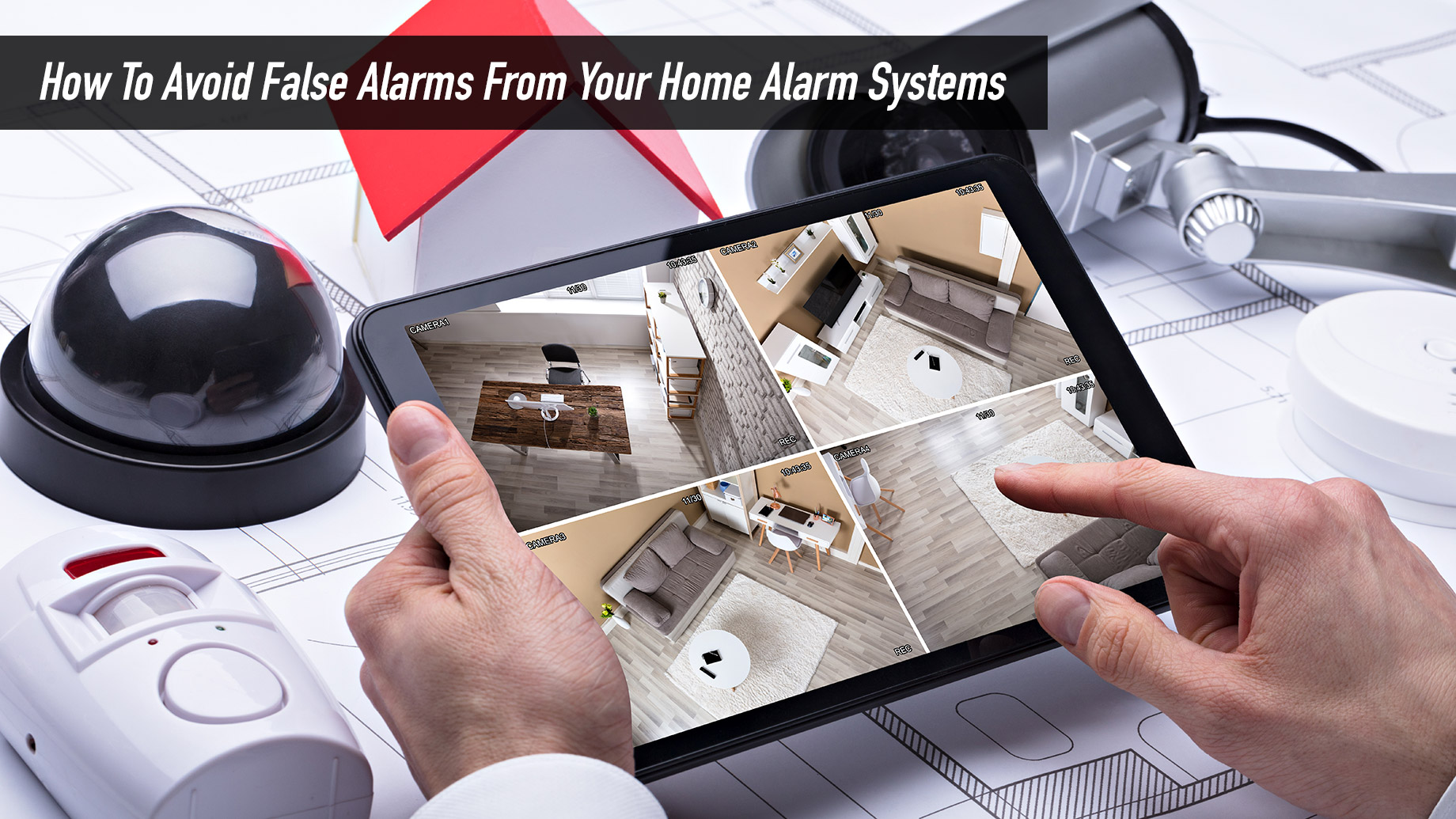
Alarm systems are designed to help protect a commercial or residential property from vandals, arsonists, thieves, squatters, and violent criminals. They guard homeowners and their loved ones as well as staff and business assets from harm.
However, they are not perfect and accidents do happen. False alarms may occur from time to time. False alarms can be quite a nuisance, and can also annoy your neighbours. They may wake you up in the middle of the night and cause undue panic.
Here, our focus will be on false alarms and how you can avoid them from bothering you and other people in your neighbourhood.
Importance of Home Alarm Systems
A home alarm system is designed to prevent someone from breaking into your home in order to harm you and/or steal your most valuable assets. Their very presence will deter most criminals from targeting your home, as the majority of them prefer an easy target.
They will save you time, energy, and money, as it may take years and tens of thousands of dollars in order to recover or replace damaged or stolen items. They will also help alert you and the authorities in the event of a medical emergency, flood, carbon monoxide leak, or fire.
Home alarm systems provide peace of mind, and will decrease your insurance premiums, as you will be seen as a lower risk by your insurance company. You can also enjoy remote access in order to monitor your home from anywhere in the world.
For example, by using a smartphone app, you can check in to make sure that your kids have come home safely and are doing their homework instead of getting into mischief while you are at work.
How Do False Alarms Arise?
A false alarm occurs when the system is activated when there is no actual threat. A false alarm may be triggered due to low batteries or an error on the user’s part while they are tinkering with the system.
Loose-fitting windows and doors may become unhinged or unlocked by accident, causing them to open on their own. Improper disarming and/or arming of the home alarm system may also accidentally trigger a false alarm.
Objects may move on their own near your motion sensors, such as errant trash or debris that is pulled up by a strong gust of wind. Wandering pets may also become curious and try to eat or attack your motion sensor or other parts of your home, which can trigger a false alarm.
Installing alarm systems needs to be done carefully and by a licensed, bonded, and insured home alarm installation company in order to reduce the risk of false alarms.
How To Avoid False Alarms
False alarms must be prevented whenever possible. They can delay the police from responding to actual crimes that are taking place. As well, your neighbours may actually ignore your alarms going off during a real emergency if your system triggers frequent false alarms.
Some companies or municipalities may charge you a false alarm fee if your system triggers multiple false alarms. Undetected damage or theft to your home may occur due to frequent false alarms, so you need to be careful and put a stop to them.
In order to eliminate them altogether, you must maintain your security equipment in optimal shape. Keep fresh batteries on hand, and train everyone who lives in your home on how to properly use the system.
Practice entering the code many times until you have perfected its input. Additionally, make sure that all of the doors and windows are tightly shut before you leave your home or go to bed.
You should also test your system every few days to ensure that it is fully operational and doesn’t have any bugs. Routine inspections, maintenance, and repairs will drastically reduce the risk of false alarms and will also increase the lifespan of your system.
Moreover, the motion sensors that you use must have pet-immune properties to protect them from being damaged or triggered by animals.
Better Safe Than Sorry
False alarms can interrupt sleep, anger and frustrate homeowners, neighbours, and local authorities, and also risk endangering the lives of people in the community.
You may even be charged fines for multiple false alarms, and the police may ignore your alarm in the future, even if a crime is currently in progress. The good news is that you can prevent most false alarms from occurring.
Test the system often, and perform routine inspections, maintenance, and repairs in order to ensure that the equipment is in optimal condition. Keep your doors and windows tightly shut when not in use, and install anti-pet motion sensors. You should also keep several spare batteries in a safe area to make sure that your system never runs out.